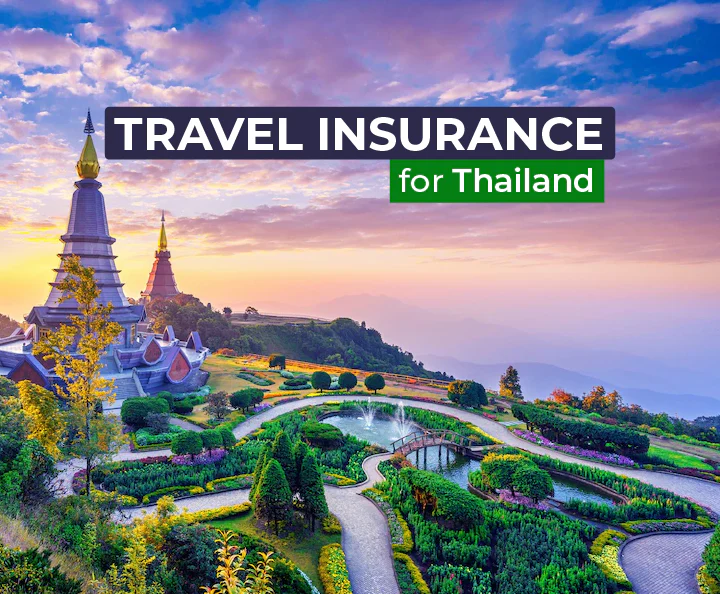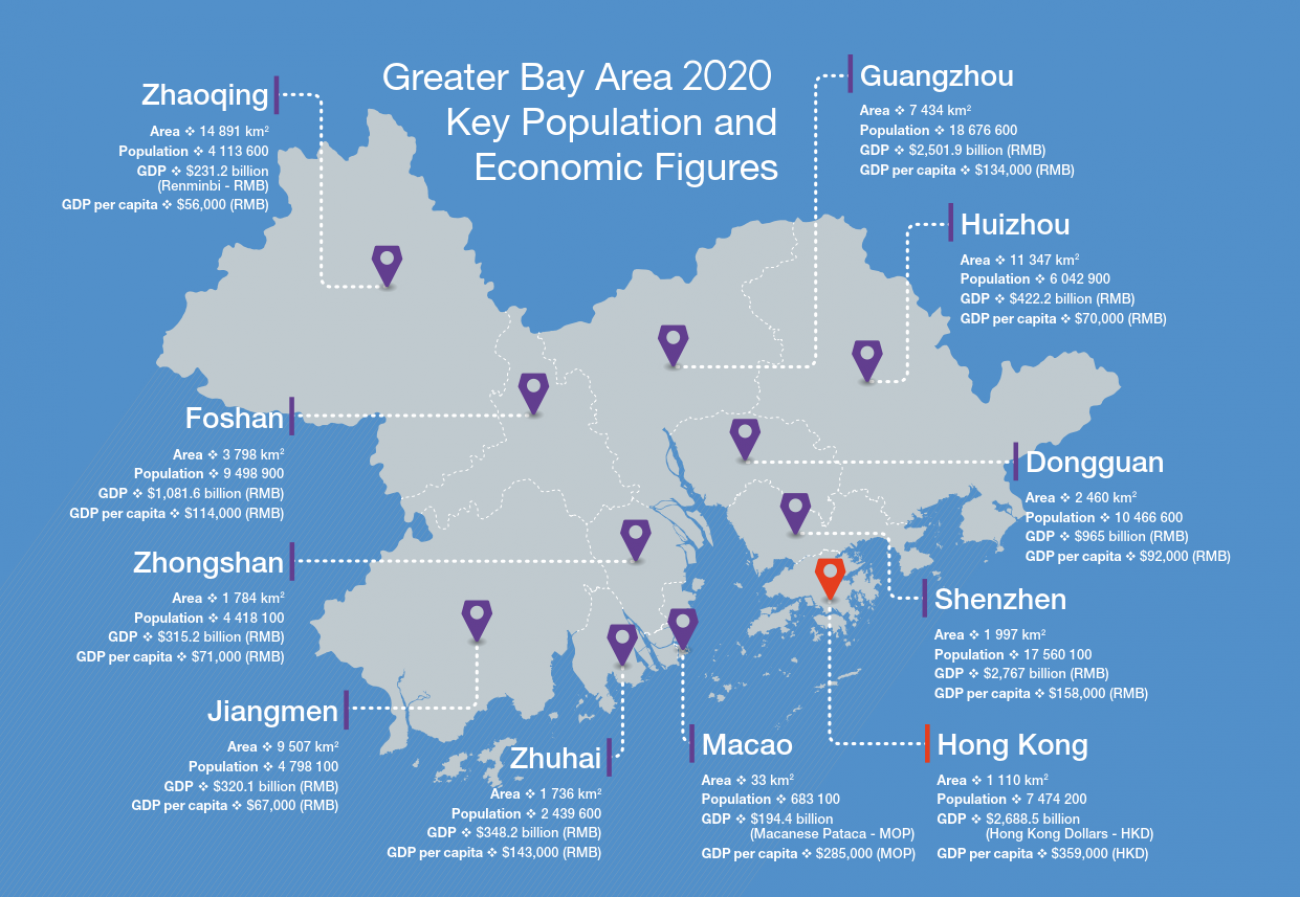
Understanding Insurance Policies and Coverage
Insurance policies are designed to protect against unexpected events, not risks that are already known. When you buy travel insurance, the policy usually excludes coverage for events that have already happened or are likely to happen. For example, if an earthquake occurs and you buy insurance afterward, the policy won’t cover damages or losses related to that earthquake.
The principle of insurable interest means you must have a financial stake in the event you’re insuring against. If the risk is already known, like aftershocks after an earthquake, it’s no longer unforeseen, and insurance won’t apply.
Insurance companies also rely on the principle of utmost good faith, which requires both the insurer and the insured to be honest about all relevant information. If you know about a risk, like an earthquake, and don’t disclose it, the insurer can deny your claim.
Travel insurance policies often include specific clauses that exclude coverage for known risks. For example, if a natural disaster has already occurred, any related claims won’t be valid. This is why it’s crucial to read the terms and conditions carefully before purchasing a policy.
Impact on Hongkongers Traveling to Thailand
For Hongkongers planning trips to Thailand, this means that if you bought insurance after the recent earthquake, you won’t be covered for any related risks. This includes aftershocks, structural damage, or other secondary disasters.
Without proper coverage, travelers could face significant financial losses. For example, if an aftershock damages your hotel or disrupts your travel plans, you’ll have to pay for any expenses out of pocket. This could include medical bills, trip cancellations, or emergency accommodations.
The lack of coverage can also cause stress and anxiety for travelers. Knowing that you’re not protected in case of an emergency can make your trip less enjoyable.
Some alternative insurance options might still be available, such as multi-trip policies or specialized coverage for natural disasters. However, these options are often more expensive and may have stricter terms.
Legal and Ethical Considerations
Insurance companies have a legal and ethical responsibility to clearly communicate what is and isn’t covered. Excluding known risks is standard practice, but it can lead to disputes if travelers feel misled.
In Hong Kong, insurance policies are governed by consumer protection laws and regulations. If an insurer fails to disclose exclusions properly, travelers may have grounds for a complaint or legal action.
The principle of utmost good faith also applies here. Both the insurer and the insured must act honestly and transparently. If an insurer hides important information or misleads customers, it can damage trust in the industry.
Insurance regulators play a key role in overseeing these practices. They ensure that companies follow the rules and treat customers fairly.
Practical Advice for Travelers
If you’re planning a trip to Thailand, here are some steps you can take to protect yourself:
1. Review your insurance policy carefully. Make sure you understand what is and isn’t covered.
2. Consider alternative insurance options. Look for policies that specifically cover natural disasters or unforeseen events.
3. Stay informed about travel advisories. Check for updates on local conditions and potential risks.
4. Prepare for emergencies. Pack a travel health kit and have emergency contacts ready.
5. Talk to your travel agent or tour operator. They can provide advice on the best insurance options for your trip.
6. Purchase insurance well in advance. This ensures you’re covered for any unexpected events that might occur before your trip.
Case Studies and Examples
One example involves a Hongkonger who bought travel insurance after the earthquake and later faced a claim denial. The insurer argued that the risk was already known, so the policy didn’t apply.
In another hypothetical scenario, a traveler in Thailand experiences an aftershock that damages their hotel. If they bought insurance after the earthquake, they wouldn’t be covered for the damages.
Different insurance companies handle these situations in various ways. Some may offer partial coverage, while others might deny claims entirely. This is why it’s important to compare policies and read reviews before making a decision.
By understanding these examples, travelers can make more informed choices about their insurance and avoid unexpected surprises.



